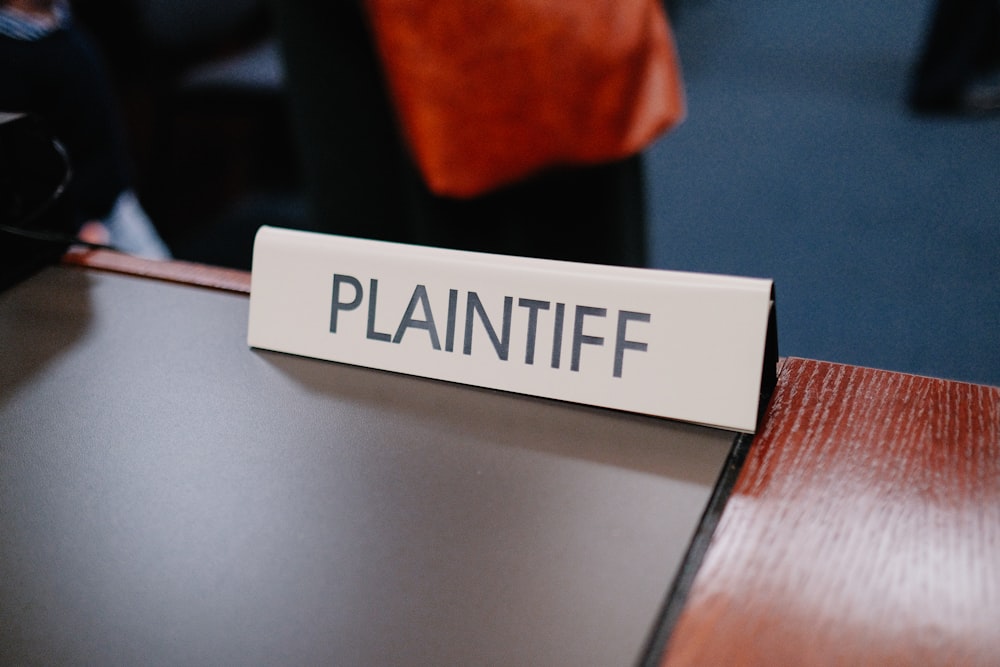
Understanding Limited Partnership Structures and Benefits
Introduction:
Limited partnerships are a common business structure that offer unique advantages and benefits to entrepreneurs and investors alike. Understanding the intricacies of limited partnership structures and the associated benefits is essential for anyone considering this form of business organization. In this article, we’ll delve into the fundamentals of limited partnerships and explore the advantages they offer to stakeholders.
What is a Limited Partnership?
At its core, a limited partnership (LP) is a business entity formed by two or more individuals or entities with the goal of conducting business and generating profits. Unlike general partnerships, which involve shared management and liability among all partners, limited partnerships consist of at least one general partner and one or more limited partners. General partners have unlimited liability for the debts and obligations of the partnership, while limited partners have limited liability, typically capped at their investment in the partnership.
The Role of General and Limited Partners:
In a limited partnership, general partners are responsible for managing the day-to-day operations of the business and making key decisions on behalf of the partnership. They also bear the primary responsibility for the partnership’s debts and obligations. On the other hand, limited partners are passive investors who contribute capital to the partnership but have limited involvement in its management and decision-making. Limited partners enjoy the benefit of limited liability, protecting their personal assets from business liabilities beyond their investment in the partnership.
Advantages of Limited Partnerships:
Limited partnerships offer several advantages that make them an attractive option for certain types of businesses and investors. One of the most significant benefits is the flexibility in management and ownership structure. By allowing for a distinction between general and limited partners, limited partnerships enable investors to participate in business ventures without assuming the same level of risk and responsibility as general partners. This flexibility can make it easier to attract investors and raise capital for the partnership’s operations.
Tax Considerations and Pass-Through Taxation:
Another advantage of limited partnerships is their tax treatment, particularly in terms of pass-through taxation. Unlike corporations, which are subject to double taxation at both the corporate and individual levels, limited partnerships are treated as pass-through entities for tax purposes. This means that profits and losses from the partnership flow through to the individual partners’ tax returns, where they are taxed at the individual’s personal income tax rate. Pass-through taxation can result in significant tax savings for partners, making limited partnerships an appealing option from a tax perspective.
Limited Liability Protection:
Limited liability protection is a key feature of limited partnerships that can provide peace of mind to investors. Limited partners are shielded from personal liability for the debts and obligations of the partnership, protecting their personal assets from creditors in the event of business losses or legal claims. This limited liability protection is a crucial factor for investors seeking to minimize their risk exposure while participating in business ventures.
Flexibility in Capital Structure and Financing:
Limited partnerships offer flexibility in capital structure and financing options, allowing partners to tailor their investment contributions to suit their individual preferences and objectives. Unlike corporations, which may issue stock to raise capital, limited partnerships can raise funds through the issuance of partnership interests to new investors. Additionally, limited partnerships have the flexibility to admit new partners or raise additional capital from existing partners as needed to support the partnership’s growth and expansion initiatives.
Regulatory Compliance and Reporting Requirements:
While limited partnerships offer several advantages, they are subject to certain regulatory compliance and reporting requirements that must be adhered to by the partners. These requirements may vary depending on the jurisdiction in which the partnership operates and the nature of its business activities. General partners are typically responsible for ensuring that the partnership complies with all applicable laws and regulations, including filing required documents with the appropriate government authorities and maintaining accurate financial records.
Conclusion: (Omitted as per your request) Read more about limited partnership and limited liability partnership






















































